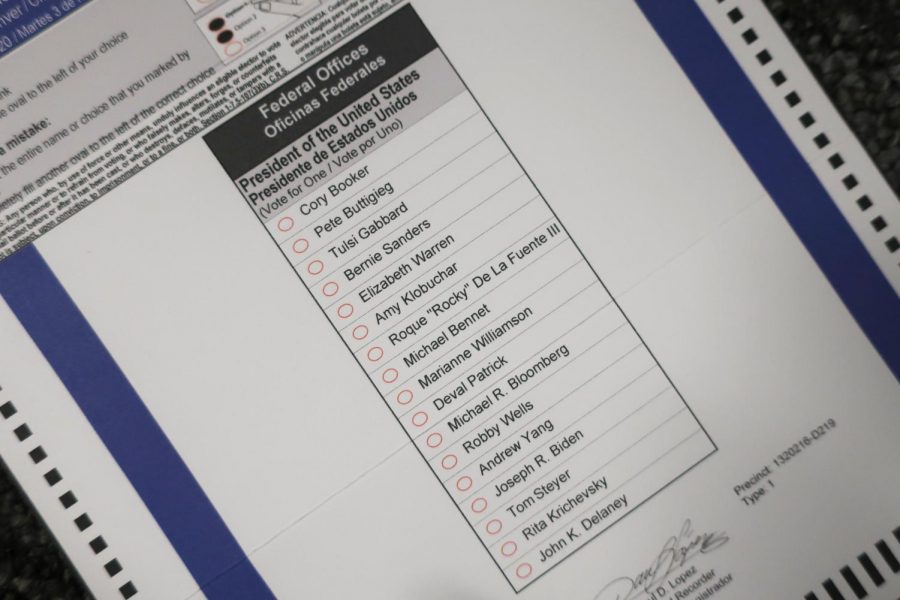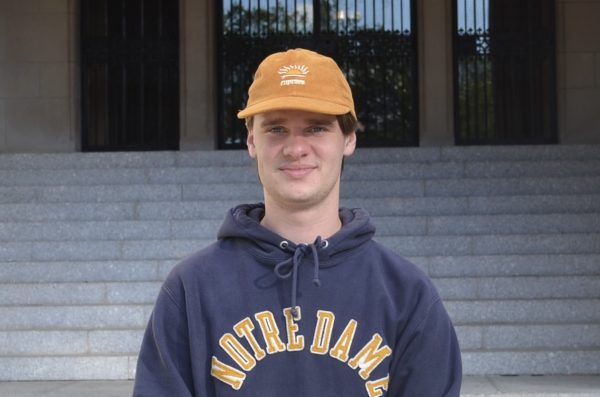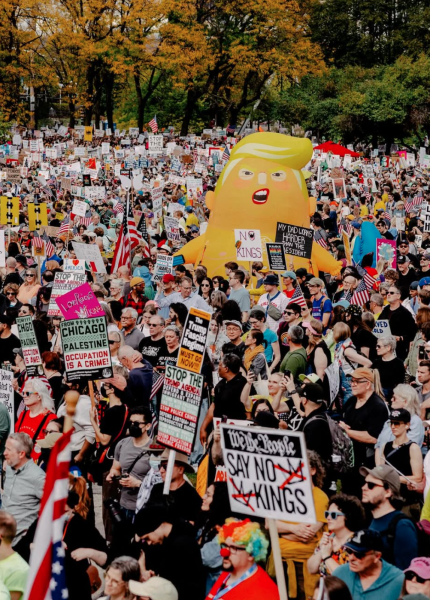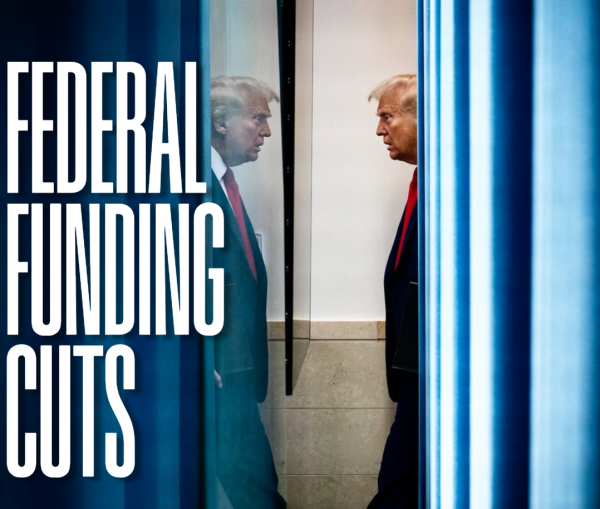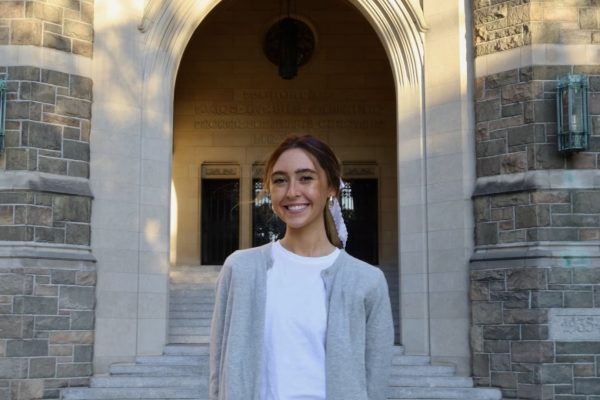Super Tuesday Proves Its Political Power
This past Super Tuesday was a political event of epic proportions, bringing fundamental changes to the field of Democratic contenders for the 2020 election. With 1,357 of the 1,991 necessary delegates awarded, it is emphatically clear that Super Tuesday is to be treated with an elevated sense of urgency, as the day has the potential either to make or break many campaigns. The new Democratic front-runner, former Vice President Joe Biden, epitomizes this potential.
Biden headed into Super Tuesday riding a wave of momentum from his victory in South Carolina. Such a decisive victory foreshadowed the campaign revival that was to come. Sen. Bernie Sanders had been the clear frontrunner, while Biden’s campaign gradually became defunct of any life. Following the win in South Carolina and the victories during Super Tuesday, Biden now leads the pack in terms of delegates needed to secure the Democratic nomination with 677.
Sanders follows, standing at a relatively close 604 delegates. However, as Biden inches closer to clinching the nomination, it is clear that Super Tuesday separated the electable from the negligible.
Following Super Tuesday, many Democratic hopefuls have found themselves dropping out of the race and have seemed to unify around Biden. Former mayor Pete Buttigieg, Sen. Amy Klobuchar and former mayor Mike Bloomberg, all of whom dropped out in the past week, endorsed Biden for the nomination. Super Tuesday could even be seen as something of a political survival of the fittest: either candidates adapt to the expectations of voters, or they perish.
Currently, Biden is thriving while Sanders tails and Gabbard trails. A common theme surrounding the Democratic nomination is that the party wants a candidate whose prospects of defeating Trump are high. As it currently stands, Biden is the best candidate the party has to achieve such an end.
Super Tuesday may be an essential component in selecting candidates for the presidency. However, it is still not the deciding factor as to who earns the nomination. Rigorous campaigning must still be in effect to pick up the required delegates, and even upon earning the nomination, candidates have a long trek ahead as they campaign against their Democratic or Republican counterparts. But this does not diminish the value of Super Tuesday; it remains essential to earning a fundamental amount of delegates to advance a presidential campaign and can even serve as a launchpad for ones that are struggling.
When Biden was lagging behind, Super Tuesday boosted him to the current Democratic frontrunner. These primaries illustrate where presidential hopefuls stand not only in their respective party but also among the perspectives of the American citizens eager to exercise their democracy.
However, such a model will find itself under scrutiny, as many states are pining for an earlier say in the election. This approach is ineffective and may only disrupt the already tumultuous flow of the election season. While some states may feel entitled to have early say during the election, other states may then have the same sense of entitlement, which may start a domino effect where states contest each other for an earlier primary.
Not only does this threaten the presidential election, but it threatens the ideals behind American democracy, as some states will feel as if their voices in the election take precedence over the voices of others. Our presidential elections are held in the interest of uniting the country, so the last thing America needs now is the process to become counterintuitive and divide the states.
An approach that could be undertaken instead is, following Super Tuesday, to monitor polls to ensure that all Americans are represented fairly in their support of a candidate, no matter whom they choose to support. States should never take precedence over one another. Rather, all states should be represented accordingly, as America should not have voices bellowing over each other for difference.
Noah Osborne, FCRH ’23, is a journalism major from Harlem, N.Y.



































































































































































































